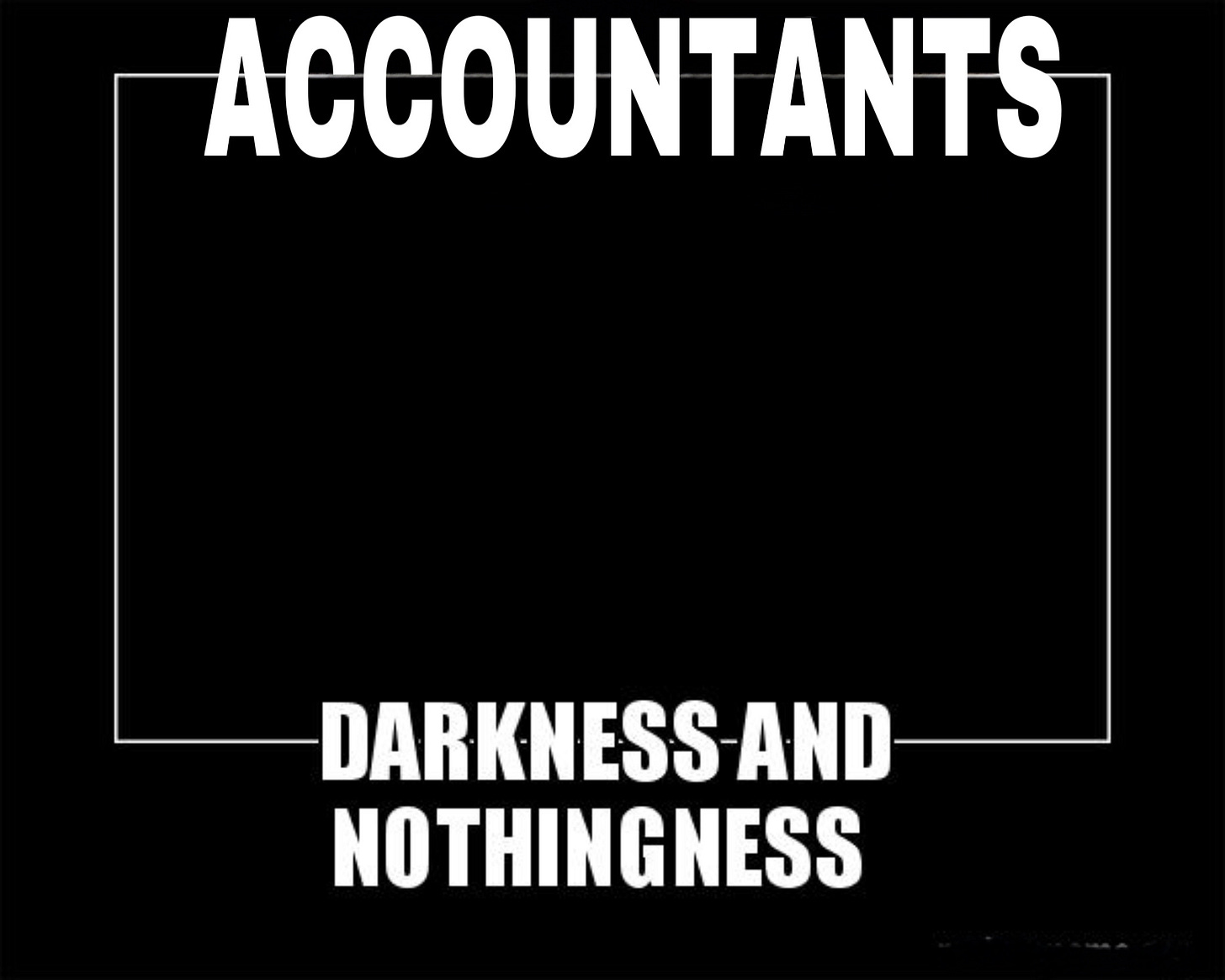Reflections on China
Regularly visiting China does allow one to have a feel for the mood – naturally very much limited to Shanghai and lawyers – but a feel nonetheless. The main takeaways from the latest visit is that 1) still a lack of confidence but less gloomy than in December – my guess that part of the issue is that the middle class has realised that their real estate assets are worth a lot less than they thought and therefore they feel less rich; 2) over capacity is a big issue – whether you sell bottles, legal services or cups of coffee – there is just too much capacity which is driving down prices (except for the high end coffee shops which stubbornly hang onto their USD 8 cups of coffee pricing; 3) almost counter-intuitively Chinese businesses are not batting down the hatches but rather actively looking like never before to go abroad in search of new markets. Of particular interest is China’s many battery technology companies looking to license their world beating technology overseas. Conservatively, we estimate there are dozens of such companies interested in – so anyone seeing an opportunity please reach out.
Avoiding Getting (Too) Screwed in a Sale of an Expat Business
As outlined in the first part of the article the sale of the expat’s business is not just financial but deeply personal. This means that the founder can become extremely emotional which in turn means they can be a total pain in the ass. This is all understandable but much of the emotion can be spared if we take precautions:
Assemble and Manage the Right Team for You (and I do mean for You!)
Nobody (at least nobody normal) sells their business on their own. Typically, the transaction team will comprise of:
Financial Advisor – The role of the financial advisor is to provide strategic guidance, package the company, advise on the valuation and financial models, prepare a list of likely buyers, obtain non-binding offers and then sherpa the process until you get your money (or you don’t). As their remuneration is largely outcome based the financial advisor is often solely motivated by securing the highest promised price. Now I understand this sounds appealing. However, the highest promised price may not be the best deal – you may prefer to sell at a lower price to a buyer that represents far greater certainty of payment. Most foreign owned businesses in China are of a size that the most likely financial advisors will be either a local financial advisor or a boutique owned by another foreign entrepreneur.
My experience is that it is crucial to deal with someone with sector specific experience – if they do not have such experience, it is unlikely they will broker a good deal. Local financial advisors may know many potential buyers but often have blindspots when representing foreign clients. This is understandable as they have a heavily domestic business and therefore have often not been exposed to issues for foreign sellers. Also local financial advisors can often be deferential to Chinese buyers which are typically listed companies. This is often not conscious but due to a hierarchical mindset where large, listed companies are to be fawned over not confronted. It is crucial to challenge the financial advisors and not just accept what they say as gospel.
Lawyers – will typically help on vendor due diligence (i.e. drafting a fact book for potential buyers, fix or explain any issues etc.), draft documentation (including letters of intent, non-binding offers, binding offers and the sale documentation) and supporting negotiations and the closing procedures.
Alas lawyers are no easier to deal with. The key problem is that such expat sales are very bespoke while lawyers like to have projects that follow a standard process. This means lawyers often follow templates and focus on areas to be negotiated which are standard for big corporate M&A deals. The sale of an entrepreneur’s business to a Chinese entity is very different and needs a strategy based on the specific circumstances, leverage in sale but also for ongoing operations, economics and what buyers will realistically be able to agree to.
Another problem with lawyers is they often err on the side of caution in all matters – the documentation will be very difficult to agree but then (even more frustratingly) be impossible to enforce in practice.
Finally, and although this is self-serving (but it is also true) it is important to financially align with your lawyer. Most founders skimp on legal fees and seek fee caps. The problem with this is the lawyer will burn through the fee cap during the initial stages and then be very passive during the more important part of the transaction (i.e. the negotiations and closing i.e. receiving the money). If funds are tight be careful to get the financial advisor to do more in the initial stages and have the lawyer more involved in the final stages (i.e. documentation and closing).
Accountants – the less said about them the better. So …
Consider Your Red Lines
Inevitably, if there is an issue no one will take responsibility for non-payment, chipping at the price or any other issues – even if they do it will not help.
Even the best contract can only be a protection and is not a guarantee – the integrity and reliability of your buyer, rationale contractual agreements that work and maintaining leverage are all key risk minimization steps.
Knowing your Counterpart – the most important protection is to deal with someone dependable and who knows what they are doing. It is possible a company with no dedicated M&A team, no experience and is a small company will pay the best price with a smooth process … but it is unlikely. If you are lucky enough to find a buyer with funds outside of China and can agree to an escrow – then this would be the best protection you could have.
Deal Structure – buyers will often have a preference for an assets deal, mostly due to hidden liabilities concerns or they consider it easier to integrate into their existing business. Puzzlingly, some sellers also claim to prefer an assets deal. However, this makes no sense for the following reasons: 1) share deals are quicker, documentation simpler and negotiations easier as only one primary agreement whereas asset deal have multiple agreements; 2) an assets deal is very disruptive whereas the business remains largely remains intact in a share deal; 3) if buyer does not have a company in the same sector then needs to establish a new entity to hold such assets. In some cases, this can be complicated if the business is subject to NDRC review if there is excessive capacity in the sector; 4) disrupts employee relationships – likely to result in termination and rehiring of employees which will trigger severance payments. Although arguably economically neutral in practice this will result in a chipping of the purchase price; 5) as the seller will be the WFOE then the proceeds will go into this entity and cannot be transferred overseas – funds likely only able to be transferred outside of China after the entity has been liquidated – this can be a drawn out and uncertain process; 6) Closing is clearer as it is one big bang (i.e. share transfer occurs) whereas asset deal will have multiple assets and therefore more risk (i.e. what happens if factory goes over but none of the employees).
Maintain Leverage – the problem for sellers is that their maximum leverage (assuming there are multiple interested potential buyers) is before they accept the binding offer. Once the binding offer is accepted various problems arise for the seller 1) employees find out; 2) other potential buyers disappear; 3) the agreed price and deal terms are invariably chipped away. Another problem is that in many founder sold businesses the buyer will insist on the founder staying on for a transition period either as a manager or as a manager/minority shareholder. This can lead to several problems 1) the remaining payment (be it for the minority shareholding or the delayed payment) may be considered by the buyer as a discount or you are kept on as a minority shareholder with no rights or say in the business; 2) founder led businesses often suffer after the sale – the founder is often critical to the company remaining fresh or reinventing itself – much of the corporate culture can disappear with the founder and this impacts performance; and 3) founder’s mental health – many founders find the transition from big boss to manager gingerly walking the plank challenging. Founders generally have healthy egos and see the company as an extension of themselves – it can be very difficult to adjust to employees no longer fawning over you and realizing you no longer own the business you built or are even all that relevant. Many founders will in short shrift be divorced, dead or move to Pattaya Thailand (in which case the previous two conditions will likely happen quick smart). Founders are happier if they have another business or passion – be it a charity or a hobby. This is also good for the mental health of their spouse. The spouse will often find the founder is best savored in smaller doses. To be fair this is a position often shared by his/her employees.
I feel we could have gone on longer but am mindful the human mind’s attention drifts after 6 minutes.
If you feel that you would like to know more – you may be a founder thinking about selling or a jaded employee who enjoys horror stories of your oppressors being screwed on the way out then we have the just the webinar for you.
This Wednesday, 27 March 2024 - 9:00am -10:00 (London Time ) / 10:00 -11:00 (Berlin Time) / 17:00pm -18:00 (Beijing Time) / 20:00 -21:00 (Sydney Time) on this niche topic – Selling your Founder led Business in China – if interested please register at https://qywx.wjx.cn/vm/e4hde1S.aspx








